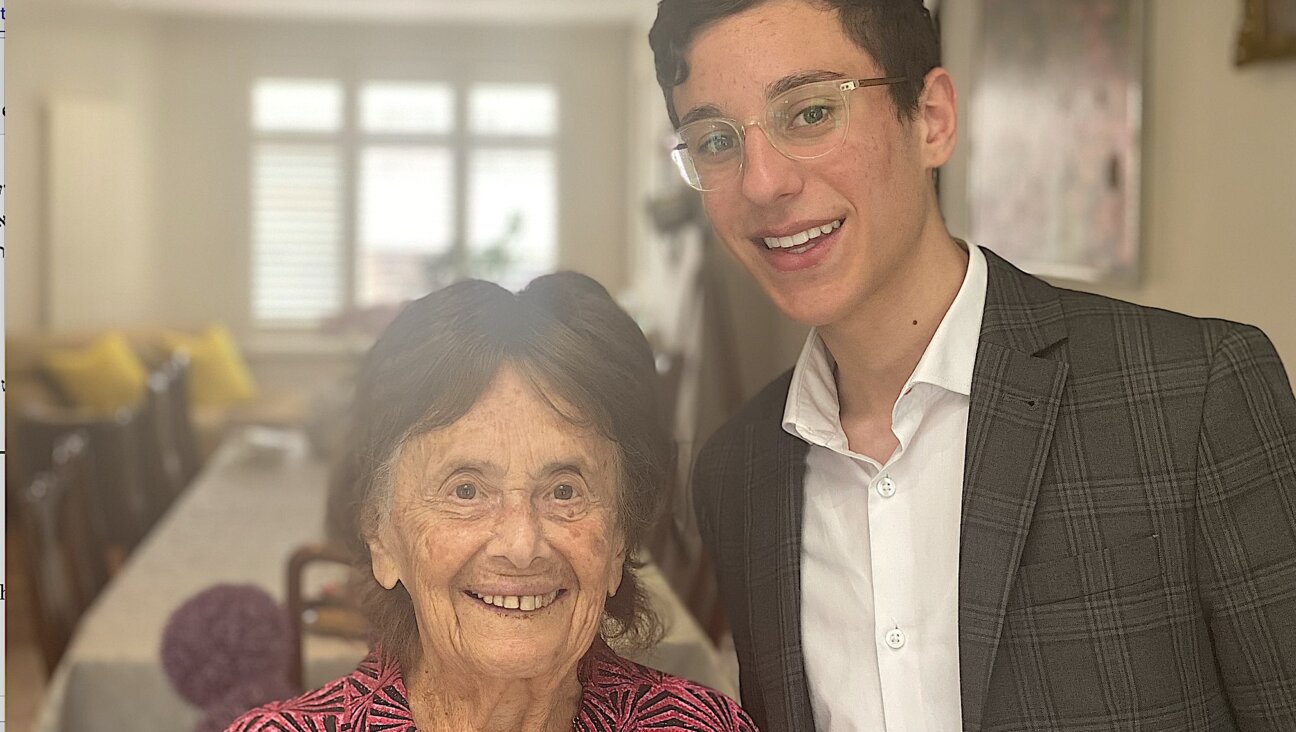Seize the Day, Tomorrow Could Be Worse
“We are witnessing a genuine grassroots revolution in Egypt and its outcome will have to reflect the will of the people, not our desires.” So writes a friend from Israel. But “the will of the people,” as awesomely impressive as it has been these past days in Tahrir Square and elsewhere, inevitably becomes a chimera the morning after the old regime has been chased from power.
One cannot carry on government by referendum. “The people” squabble in their quest for power, in their pursuit of goals dear to some, anathema to others. Such conflict is not merely inevitable; it is normal, deriving, as it does, from convictions passionately held, from ideals not consensually shared. Neither America’s scales nor the weights and measures of any outside power can establish the fitness of this one or that one to rule in Egypt. Not until democratic institutions are developed there and the benefits of compromise accepted can people make room for the other’s views, even for the other’s dignity.
One wishes the Egyptian people well as they embark on a journey so uncharted, so uncertain.
As to the Israeli people, including both elites and masses, we’re told they are in a dither. What happens now? What if the Muslim Brotherhood comes to power in Egypt? What if Egypt decides to allow a full flow of materiel to enter Gaza? What, heaven forbid, if Egypt renounces its peace treaty with Israel?
In the first days of the unrest in Egypt, Israel’s policy, as conveyed by its diplomatic corps, was clear: Do not abandon Mubarak. He has been improbably steady as an American ally and Egypt’s stability is essential. But as the anti-Mubarak demonstrations persisted, and as the United States and its Western allies began to disentangle from Mubarak, Israel’s official tone shifted, too.
In an address to the Knesset on the day after the first truly mass rally in Tahrir Square, Prime Minister Benjamin Netanyahu seemed to cast Israel’s vote for democratic reform: “All those who cherish human liberty, including the people of Israel, are inspired by genuine calls for reform and by the possibility that it will take place. It is obvious that an Egypt that fully embraces the 21st century and that adopts these reforms would be a source of great hope for the entire world, the region and for us. In Israel, we know the value of democratic institutions and the significance of liberty.”
But then the prime minister’s emphasis shifted. He underscored the uncertainty of the situation, cautioned that Egypt after Mubarak might come to resemble Iran after the Shah, emphasized the need for Israel to be ever-vigilant. He pleaded for understanding: The State of Israel does not control the momentous changes now under way in the region.
Meanwhile, he argued, it is the unwillingness of the Palestinians to negotiate that has stalled the peace process, to which, said the prime minister, Israel remains committed. But so long as the prime minister’s fetishistic attachment to Jewish settlements in the West Bank and East Jerusalem persists, and no matter how ardently he seeks to shift the blame for the current impasse onto the Palestinians, to charge that it is their obduracy and not his own and his government’s, Israel will remain in a “wait and see” mode. Elective passivity.
There has never been a better time than now — right now, in the coming weeks — for the hot pursuit of a final accord between Israel and the Palestinians; just now, when all else is in turmoil, and before who knows what new encrustations have taken hold. Or, to put the matter somewhat differently: What is Israel waiting for? Is it waiting for President Mahmoud Abbas and Prime Minister Salam Fayyad to grow old, or for the next intifada, or for an acceleration of Israel’s isolation, or for the Palestinians to give up and accept a Jewish state from the Jordan to the Mediterranean?
What is it that is happening offstage that enables any responsible actor to suppose there’s salvation just around the corner? The answer: Nothing is happening to enhance the prospects of a two-state solution, and many things are happening to diminish those prospects. The answer is you can wait, but you cannot wait and see, for waiting is an act of blindness.
Two Jews meet. One says to the other, “So how you doing?” The other replies, “Thank God, better than next year.”



















